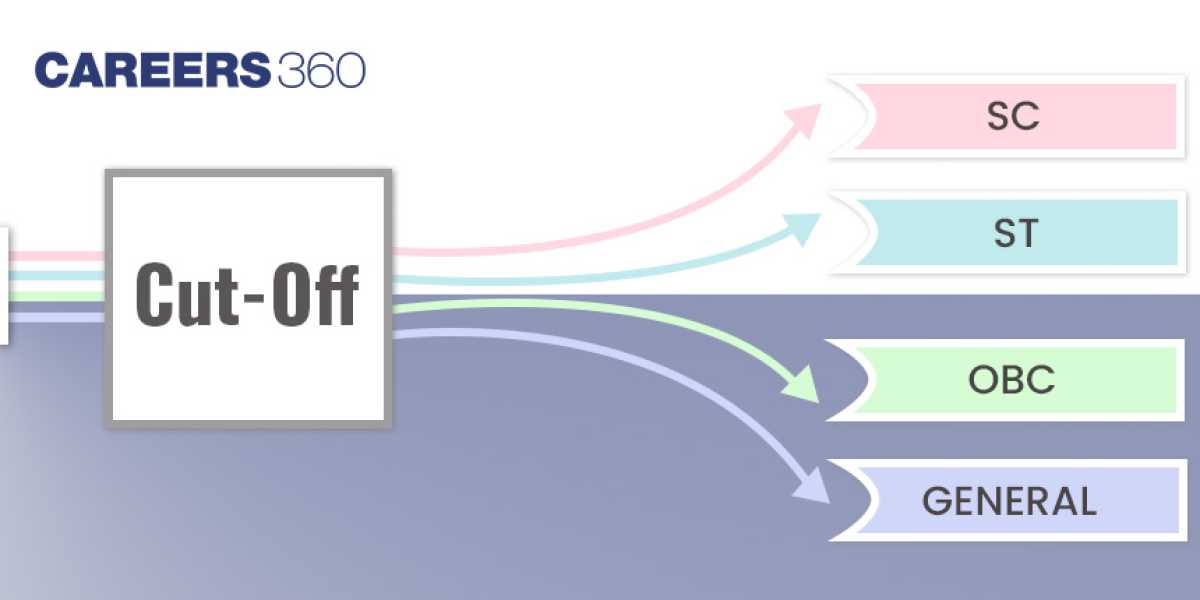Education
IIT JEE Advanced 2024 Results Declared: Top Scorers and Qualifying Candidates Revealed

The long-awaited results of the IIT JEE Advanced 2024 examination have finally been released by the esteemed Indian Institute of Technology, Madras. This year’s top scorers have been unveiled, with Ved Lahoti securing the highest marks in the entrance test, closely followed by Dwija Dharmeshkumar Patel.
The IIT JEE Advanced exams, considered one of the most prestigious engineering entrance exams in India, saw a total of 1,86,584 candidates registering for the test, out of which 1,80,200 candidates actively participated in both papers. Of the diligent examinees, an impressive 48,248 candidates successfully cleared the challenging examination.
The cut-off marks for the different categories in the JEE Advanced 2024 exam have also been disclosed, including the criteria for the Common Rank List (CRL) and various other categories such as OBC-NCL, GEN-EWS, SC, ST, PwD, and more.
Qualifying in the JEE Advanced exam opens up doors for candidates to partake in the extensive counselling procedures organized by the Joint Seat Allocation Authority (JoSAA) for admissions to the prestigious IITs. For those who did not make the cut in the JEE Advanced but passed the JEE Main or those ineligible for the former exam, JoSAA offers the NIT+ system counselling for admissions to NITs, IIST Shibpur, IIITs, and other central government-funded technical institutes.
In addition to the unveiling of the IIT JEE Advanced results, the Indian Institute of Technology Madras also initiated the registration for the Architecture Aptitude Test (AAT) 2024, allowing qualified candidates to enroll from June 9 to June 10, 5 pm IST.
Several esteemed institutions utilize JEE Advanced scores in their admission processes, including the Indian Institute of Science (IISc) Bengaluru, the Indian Institutes of Science Education and Research (IISERs) in various locations, Rajiv Gandhi Institute of Petroleum Technology (RGIPT), Indian Institute of Petroleum & Energy (IIPE), and more.












